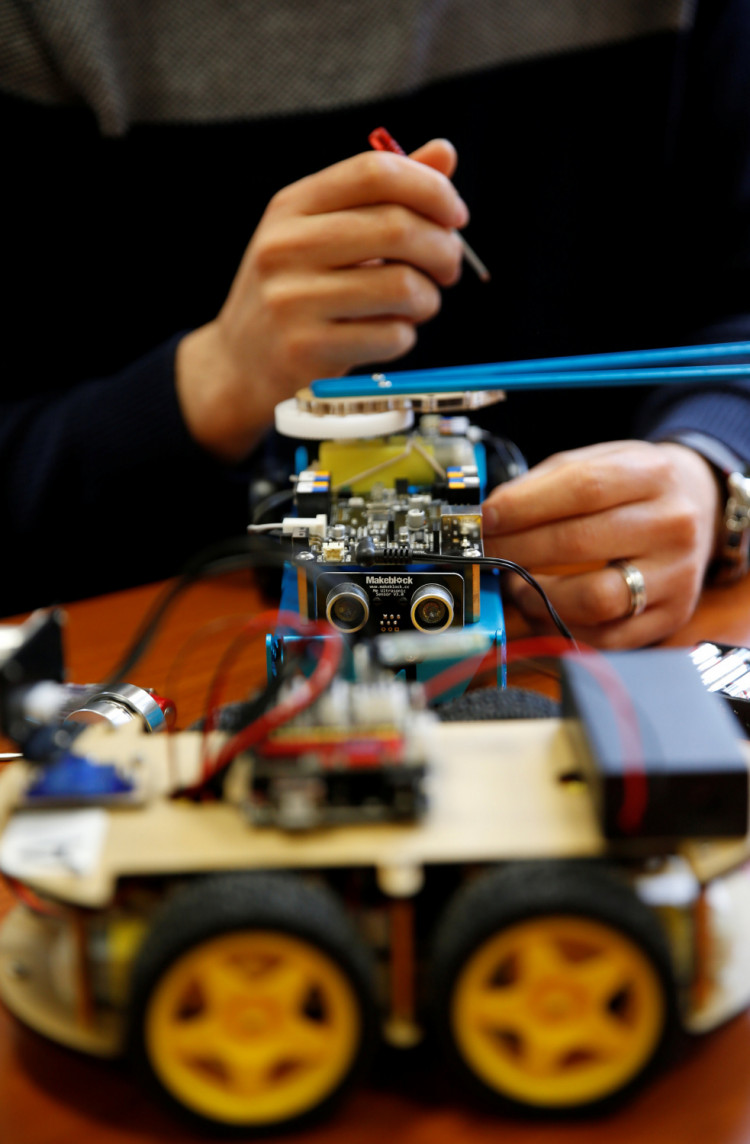The next generation of humans may get to see the age of everything digital, a futurist predicted, as demographics experts continue to debate on what could define the incoming generation.
A new report by Singularity Hub suggested that the next-gen humans referred to as Generation Alpha by Australian futurist Mark McCrindle may get to experience artificial intelligence (AI) doctors.
Over the last few years, AI has helped in revamping traditional healthcare systems in some way. Big data has helped in managing paperless files, payrolls, and other computer-related tasks in clinics and hospitals.
Some tools have also been manufactured for the purpose of assisting doctors in a number of easy tasks. These include weight and height measurements, blood sugar tests, and other equipment that could help with diagnosing potential diseases.
Earlier this month, scientists from Weill Cornell Medicine developed an algorithm trained to classify healthy embryos in IVF (in vitro fertilization) processing was able to make 97 percent accurate findings.
"The IVF procedure will remain the same, but we'll be able to improve outcomes by harnessing the power of artificial intelligence," director of the Caryl and Israel Englander Institute for Precision Medicine at Weill Cornell, Dr. Olivier Elemento, said of the development.
Analysts forecasted that Generation Alpha, the next human wave that will follow after Gen-Z, may see AI applications in newborn development defect detection. European researchers are currently working on a technique that could help medical institutions detect cerebral palsy earlier.
It was also predicted that AI-based models can help revolutionize the way medical practitioners study mammography. The ultimate goal would be to have a more accurate basis for assessing the risks of certain types of cancers in women.
Technology-based systems for suicide risk predictions may also be developed within the next 12 months. Depression numbers have been climbing recently and doctors have been rallying to work on strategies that will effectively reduce the number of people resorting to taking their lives.
Reports about misdiagnoses through the use of AI tools and machines have emerged recently but many analysts suggested that technological innovations with the rise of Generation Alpha will help resolve glitches.
Last month, a World Economic Forum (WEF) report indicated that AI is expected to change the global healthcare sector for the better in the coming years.
Professor at the University of Saskatchewan Seokbum Ko and his research team developed an AI-based system that allows for reducing the tasks that eye care specialists perform such as image processing. Accuracy levels of technology-powered eye care equipment are expected to be high.





